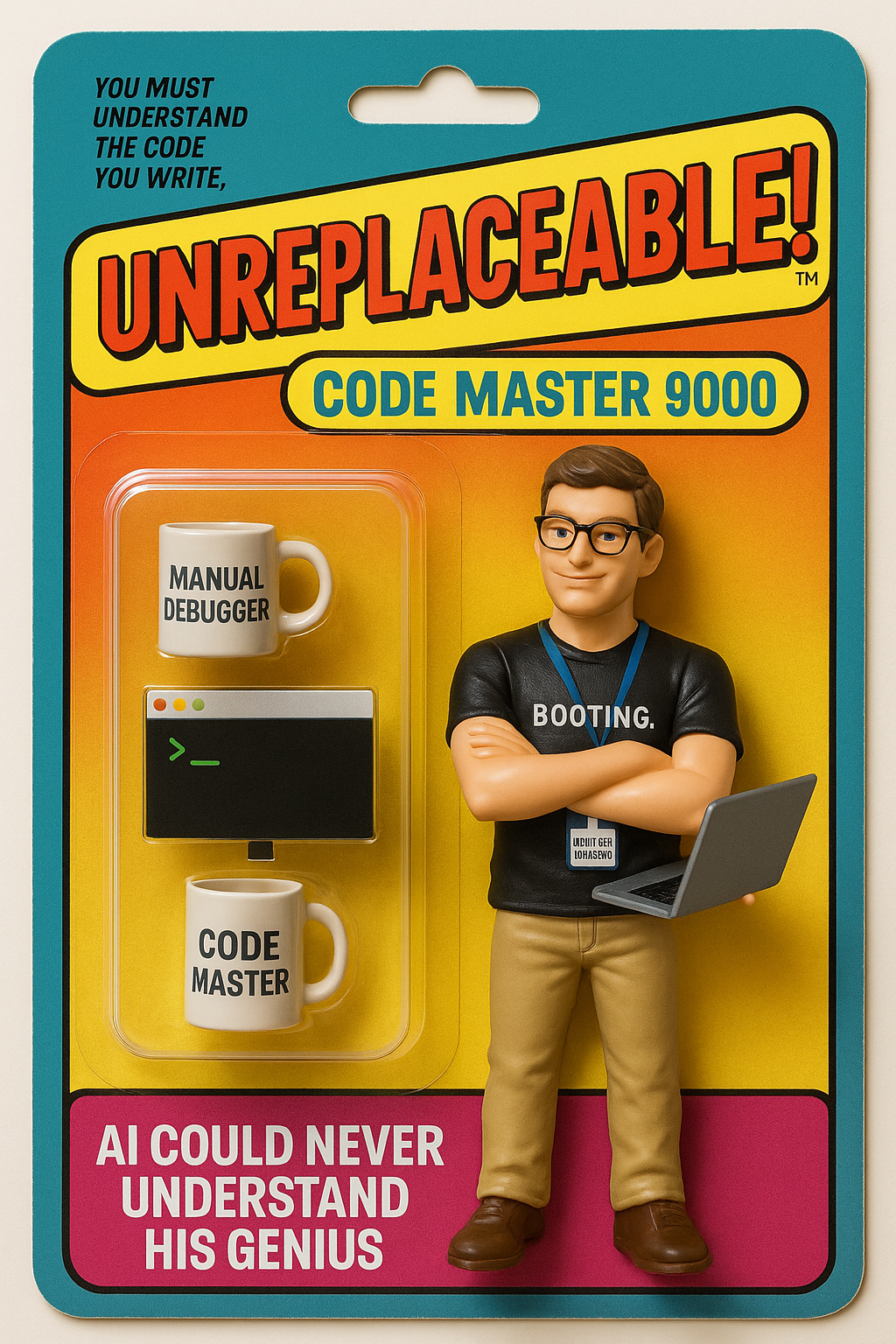This is going to take around 3 to 4 weeks of work. Ok, I said, why? After several minutes, the contractor had a very clear picture of what needed to be done, timeframes, etc. The contractor was very confident in the estimation, so he shared that information with me. I trusted his estimate, since we were renting it was not my decision to work with them or not.
It seemed that the unit owner wanted a second opinion, so they called in to have another company come and check the bathroom and estimate the work that was needed. This new company, still very confident said that this type of work it would only take 7 days, no more. We just need to do this and that, and we will be out of here. I did not trust this estimation, but it sounded great! That’s what I wanted to hear, I wanted the bathroom fixed as soon as possible!
The home owner decided to go with the second company, we are at 4 weeks, and the work is still unfinished, very close, but not 100%.
This made me think about how we estimate when we build software, specially for our clients, and how we help clients to decide to go one way or another.
Our clients, in many cases, do not have a very good reference in terms of what it could take to do some of the work, sometimes none of the work, they just know what they want, and sometimes they need help to define and clarify what they want, in any case, they do not have a way to tell from one honest estimate and a what you want to hear estimate.
I have limited information about the cost that each of the contractors sent over to the owner, but I am pretty sure the second estimate sounded much more convincing than the first, but in reality, the second company ended up doing everything that the first company said was needed to be done.
This made me realize, that this is exactly what is happening to many of the entrepreneurs that I talk with, that have been burnt or are looking to start over. Very sad stories, about lots of money being spent on a software product that is unusable.
The 2nd company either didn’t know what to look for, or they use it as a technique to win this contract, in this case everyone lost.
At Empirical we have our process for helping clients navigate this initial stage, where they want to have some idea of how long it will take, but I do find out from time to time, that some clients decide to go with other teams, just because the initial ballpark estimates. Sadly it usually happens a lot with more inexperienced or first-time entrepreneurs.
How can we, as software development providers, help non technical founders find a way to look for honest estimates/ballparks, and not for the ones that tell them what they want to hear just to get started.
Is this even possible in software? How does the experience of the team, the tools, the client knowledge and so many other factors affect the accuracy and the honesty in the estimates?



